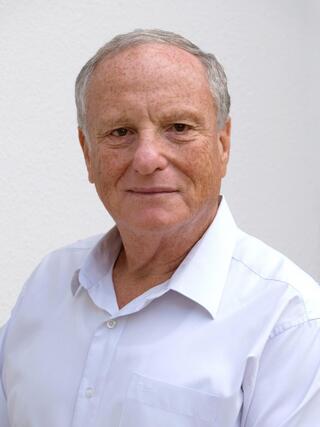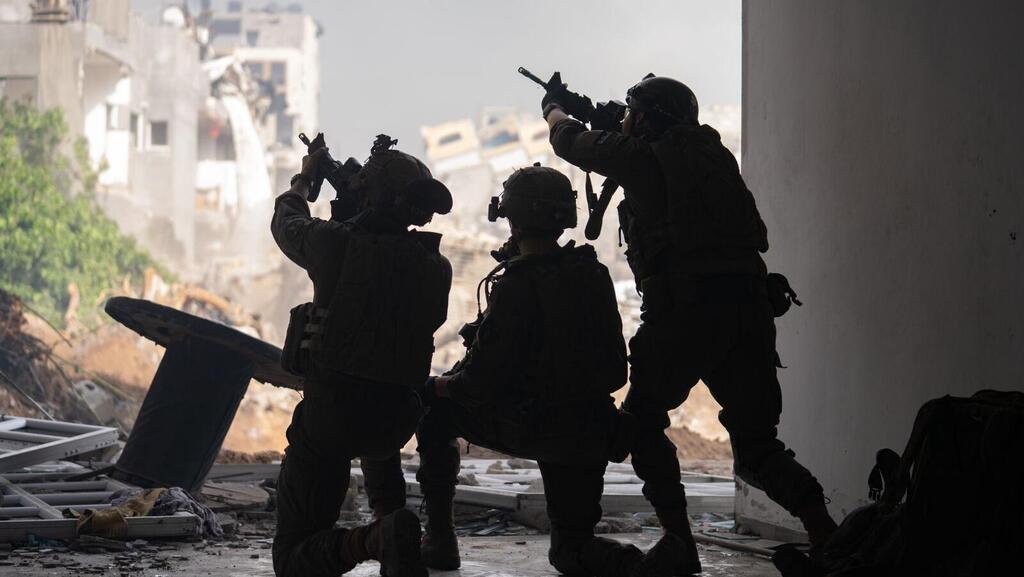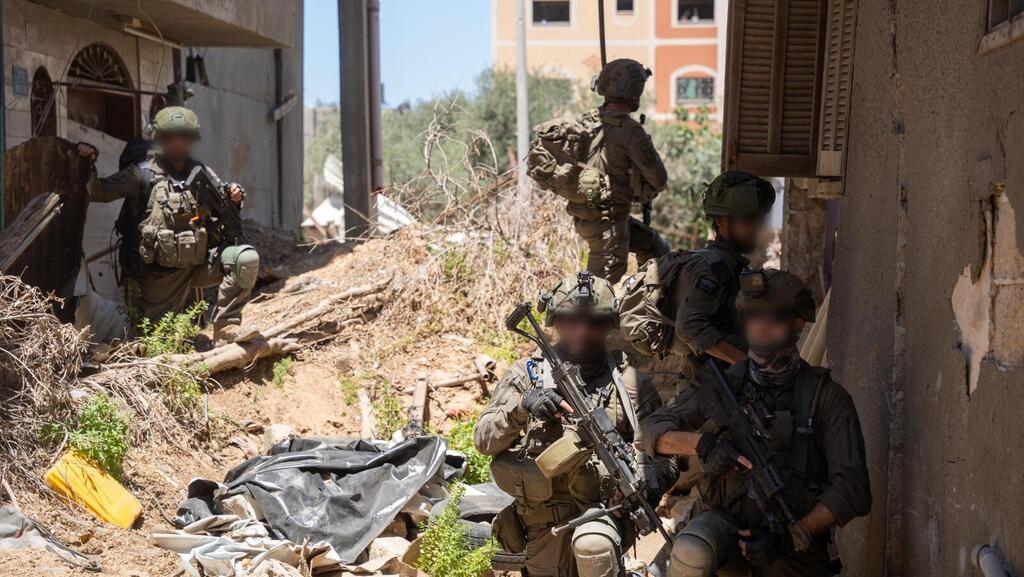Getting your Trinity Audio player ready...
On the morning of October 7, just hours after the Hamas terror attack, the Israeli reserve force was mobilized under Order 8. Named after a clause in the "Reserve Service Law," this order allows the defense minister, with government approval, to call up the reserves in emergencies.
The order is valid for 14 days and can be extended for another 14 days with the approval of the Knesset's Foreign Affairs and Defense Committee. For almost eight months now, this committee has convened every two weeks to extend the order.
This situation imposes no restrictions on the IDF, allowing it to call any number of troops at any time. This grants the military operational freedom, flexibility and convenience in managing personnel. Recently, tens of thousands of reservists have been called up, with only 30-40% being combat soldiers or combat support, and the majority serving in the rear, territorial defense battalions and communal alert squads.
The cost of maintaining the reserve force is very high, comprising compensation for lost salaries, bonuses and rewards. Many, particularly in the rear, find it very convenient to serve in the reserves. Some have essentially turned it into a full-time job, serving continuously since October 7. Some serve several shifts a week alongside their civilian jobs, effectively earning double salaries.
While I do not envy any reservist, the economic implications are enormous and place a heavy burden on the economy, which is already in poor condition. The IDF finds the situation very convenient and has no financial incentive to reduce the number of reserve days, even though it understands the implications well.
However, this is not just an economic issue, which the Finance Ministry has rightly begun to address. This situation also has implications for the values of equality, justice and perception. Combat unit soldiers fighting in Gaza, on the northern border or in the West Bank, serving continuously (or released and recalled), look on with some envy and growing resentment. There are numerous reports of regular units in the rear and headquarters calling up reservists for tasks they could perform themselves. "If it's available, if it's convenient, and if the reservists come—why not?"
Above all, the use of the precious resources of combat reserve units must be carefully examined. This resource should be used sparingly. Some units, including those currently in Gaza, are on their third deployment cycle since October 7 and have also recently trained for potential combat in the north. The employment plans the IDF developed for 2024 and those that followed have all been discarded. New plans emerge periodically, each different from the last, making it very difficult for reservists to plan and balance their service with their civilian lives.
Reservists' motivation and attendance rates remain high, but this cannot last indefinitely. The soldiers are exhausted, their families are worn out, and even their employers are fatigued. Yet, the IDF continues to use this resource "as if there's no tomorrow." If war breaks out on the northern front, what then? It is clear that the entire reserve force will be called up at once. The IDF plans its activities and operations based on available resources, except for the reserve force, which it treats as an unlimited resource. However, this resource is also finite and can be stretched like a rubber band only so far before it snaps.
 Ariel Heimann
Ariel HeimannIn early February 2024, the Defense Ministry introduced a draft amendment to the Reserve Service Law, which included several clauses, among them, extending annual reserve service to 42 days for soldiers and 55 days for officers. Since then, the IDF and the Defense Ministry have not advanced the draft law, fearing it might impose restrictions on them. The current "Order 8" situation is much more convenient for them, and if no one minds, why change it?
Given all this, the IDF would do well to impose strict limitations on itself to significantly reduce the number of reserve days in the rear, while exercising greater discretion in calling up combat reserve units to avoid exhausting them. If this does not happen soon, the Foreign Affairs and Defense Committee should legislate measures to give the IDF what it needs while creating mechanisms to limit waste and, above all, prevent the reserve force from being stretched to the breaking point.




